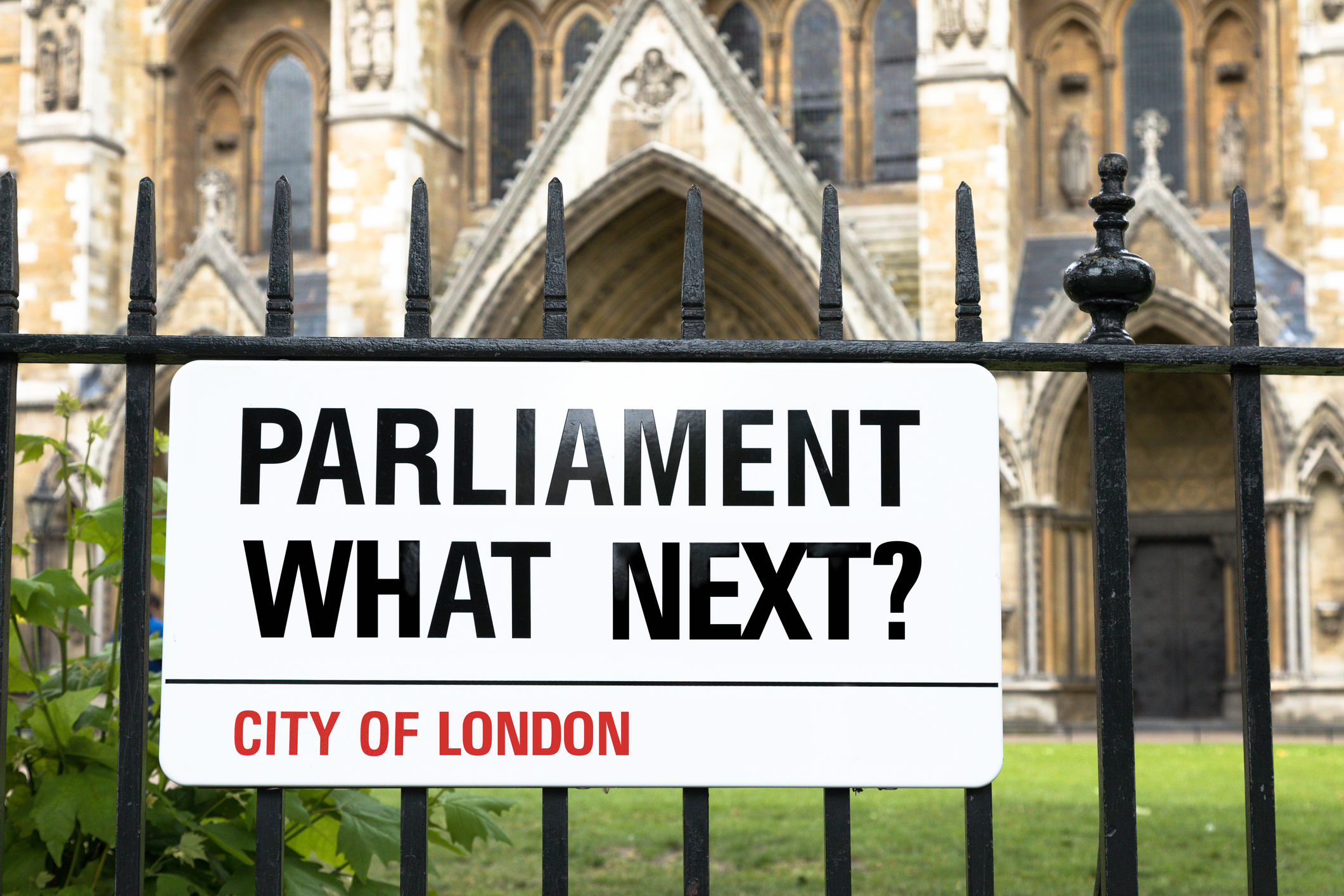The dawn of a new Instagram setting has certainly got people talking. So what’s different about the app now? The total number of likes a post receives is no longer visible to everyone: only the profile who posted the photo can see this figure.
This setting follows in the footsteps of Canada, where it was initially introduced. In July 2019, Instagram revealed their ‘test’ through a tweet, explaining: ‘We want your friends to focus on the photos and videos you share, not how many likes they get’.
The Facebook director of policy in Australia and New Zealand, Mia Garlick, said in a statement: ‘We hope this test will remove the pressure of how many likes a post will receive’.
I recently noticed the change on my own Instagram account, although it is not being tested on everybody’s account just yet. Many people were quick to praise Instagram for the introduction of the invisible likes concept, for example:
Great idea. Will be a huge benefit to everyone, because the thirst for Likes can be poisonous to people's mental health and wellbeing.
— Mike P Williams (@Mike_P_Williams) July 18, 2019
A brilliant decision. People's lives are too heavily influenced by social media these days. Worth should not be determined by artificial likes. This is a step forward in promoting healthier usage and will hopefully return Instagram to a primarily creative outlet. #instagramlikes
— becks (@beckygelato) July 18, 2019
Unfortunately, this is far too optimistic in my opinion. The pressure to look flawless and live your ‘best life’ does not simply vanish. Although the likes are displayed in a different way, the premise of Instagram remains largely the same.
From my experience, Instagram is a foundation where individuals can build their reputation, and craft a carefully painted picture of their life. This is exhibited to followers, usually for the purpose of their engagement. Typically, this interaction is expressed through ‘likes’.
But I wonder, what makes us double tap? And why do we crave hundreds of people’s approval anyway? Users are arguably driven by the desire for gratification, and to appear popular as the like count increases with time.
I am doubtful that the nature of Instagram will become less damaging to self-esteem, despite the new setting. It is the appearance-obsessed nature of Instagram that is most concerning, causing the popular platform to face much criticism.
The Royal Society for Public Health (RSPH) conducted a report with Young Health Movement (YHM), which investigated the relationship between social media and young people’s mental health and well-being.
The study describes a ‘compare and despair’ attitude in young people, where the use of social media prompts young people into feeling their life is not impressive or ‘Instagram-worthy’ enough.
Perhaps this is what motivated the creators to hide likes? Instagram CEO Adam Mosseri, in an interview with WIRED, claimed: ‘the idea is to depressurise Instagram and make it less of a competition…it’s really focused on young people’.
However, I wonder, is it Instagram’s responsibility to respond to mental health concerns, or is the power predominantly in the hands of the user?
The argument that Instagram is having a detrimental impact on mental health goes some way in undermining the autonomy of the individual.
We are not programmed (yet) to pick up our smart phones and scroll our precious time away. Nor are we obliged to compare ourselves with the flawless celebrities we see online, cruising around in a private yacht, for instance.
The pressure to look and live a certain way seems to be a societal problem, which is exacerbated by social media. Glossy magazines featuring perfect models have set unrealistic expectations for decades. But just as we can walk past this aisle in the supermarket, we can put down our phones.
Or instead of giving it up all together, we can try and view the platform through a difference lens?
Repetitive scrolling through a collage littered with highly edited, mostly fictitious portrayals of people’s lives has embedded the habit of judgement in our minds. However, we have the power to change our attitudes.
Staying conscious that Instagram is a seriously filtered place for sharing photos is absolutely essential to sensible use of the platform. I do not think we should trust Instagram to protect our mental health, by hiding likes and setting daily ‘time spent scrolling’ reminders.
There is speculation that Instagram were even motivated by money when they made the change, not mental health. Regardless of Instagram’s true intention behind the setting alteration, users need to take back their autonomy.
We are quick to criticise the app, and less hasty in reflecting on our own morals. Hence, we should have less faith in the app, and more of a personal sense of responsibility for the relationship we have with social media and each other.
The only way we can protect our own psychological well-being is to be cautious of the ways Instagram could promote self-doubt and negativity. To keep our feet on solid ground, outside of the digital sphere, I say we need less competition and more kindness.
It is easy to get sucked into the dark hole of social media, but it is even more important to take back power and change our own habits, because the longer we rely on big tech companies to make a significant change, the longer we are putting our mental health at risk.
I believe the revolt against Instagram’s somewhat shallow premise has to come from within, rather than relying on a tiny change of setting to save us.
This post reflects the personal opinion of the author and is in no way reflective of the editorial position of 17GlobalGoals.com. Image courtesy on iStockPhoto.





